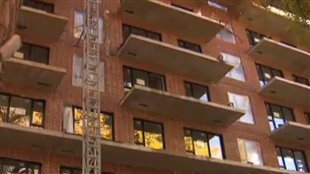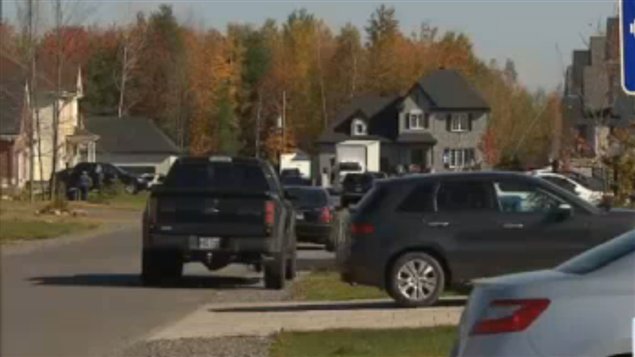Canada needs to challenge the myth that suburban sprawl is cheaper than denser development near urban cores, says a report by a national think tank. In Canada, an average family home in the city can cost between $500,000 and $600,000 dollars. In the suburbs the same house is more likely to cost $250,000.

It’s a false economy though says David Thompson, policy director of sustainable communities program for Sustainable Prosperity, a “green economy” think tank. If you live in the suburbs you need a car to get to shops and work, and a fairly economical car costs $10,000 a year to own and operate. “That’s an awful lot of money over the lifetime of a house,” he says. “That’s several hundred thousand dollars.
Everyone pays for sprawl
“Municipalities pay for sprawl though higher infrastructure, maintenance and repair costs. Federal and provincial governments pay for sprawl through higher health care costs due to sprawl-associated diseases like diabetes, obesity and heart disease.” Thompson points out that studies indicate those who live in the suburbs have a more sedentary lifestyle which puts them at higher risk for these conditions.
“Finally we all pay for sprawl because of the smog and climate change emissions that are created due to that automobile dependency,” he says.

“Stop subsidizing sprawl”
Municipalities need to stop subsidizing sprawl and start looking at ways to change their development policies to instead encourage efficient high-density neighbourhood development, says the report. It notes that some cities have taken steps in this direction.
Some Montreal boroughs have a lower tax rate for multi-unit buildings. Ottawa has higher charges for development outside of its delineated green belt. Windsor has a property tax assistance program for redevelopment of abandoned industrial properties.
Canada will “stumble”
“What’s happened in Canada is we’ve been looking backwards,” says Thompson. “We’ve been looking at an old model of development from the 1950s. And if we don’t start looking forward we’re going to stumble. And the places we’re going to stumble are in cities facing huge financial consequences for having approved lots of sprawling developments, in the complete failure to meet our climate change obligations internationally and in not reducing the smog that is killing hundreds of Canadians every year.”







For reasons beyond our control, and for an undetermined period of time, our comment section is now closed. However, our social networks remain open to your contributions.